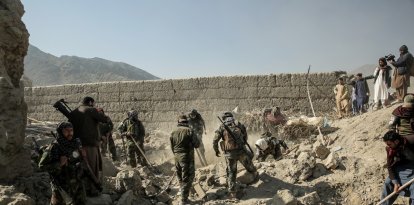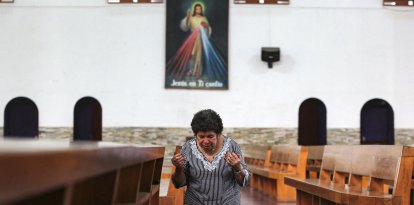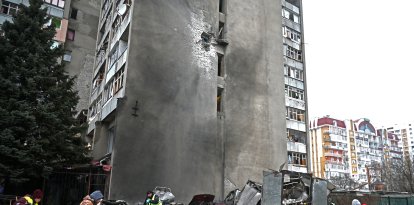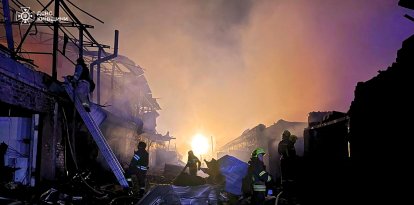Iran executed 834 people in 2023
This is the highest number since 2015, when the use of capital punishment spiked in the country with 972 executions.

Bandera de Irán / AFP
The non-governmental organization Iran Human Rights has reported that 834 people were executed in the country last year. This is the highest number since 2015, when the use of capital punishment spiked in the country, with 972 executions.
In that sense, the report detailed that the number of executions, carried out by hanging in this country, rose 43% over the previous year. Eighty-five percent of all executions included in the 2023 report, that is, 709 executions, were not announced by the authorities. In addition, at least 22 women were executed, the highest number in the last decade.
"In 2023, the Islamic Republic authorities not only intensified the use of the death penalty, but also expanded the scope of charges for which the death penalty was implemented. For the first time in 10 years, the Islamic Republic executed two men for blasphemy and one man for adultery charges. In addition, two dual-nationals were hanged. One of them, the Swedish citizen Habib Asyoud, had been kidnapped by regime agents in Turkey and forcibly transferred to Iran before his sham trial and execution," explained the organization.
"Least two juveniles put to death"
The report explained that "in 2023, the number of public hangings in Iran tripled compared to 2022, with seven people being hanged in public spaces, including a beach park. Iranian authorities continued to violate international obligations by executing juvenile offenders, with at least two juveniles put to death, one of whom was 17 at the time of execution."
Similarly, it was learned that in March 2024, at the fifty-fifth session of the UN Human Rights Council, the Independent International Fact-Finding Mission (FFMI) will present its findings on the atrocities committed by the Islamic Republic since the beginning of the "Women, Life, Freedom" protests.
Finally, the organization explained that impunity and lack of accountability are among the most important obstacles to improving the human rights situation in Iran.
Furthermore, it called on the international community, in any process of dialogue with the Iranian regime, to put the death penalty at the top of the agenda in any dialogue with International Relations representatives and to play a more active role in supporting the improvement of the human rights situation by promoting the abolition of the death penalty in Iran.

























